Perianal abscesses are usually caused by a bacterial infection
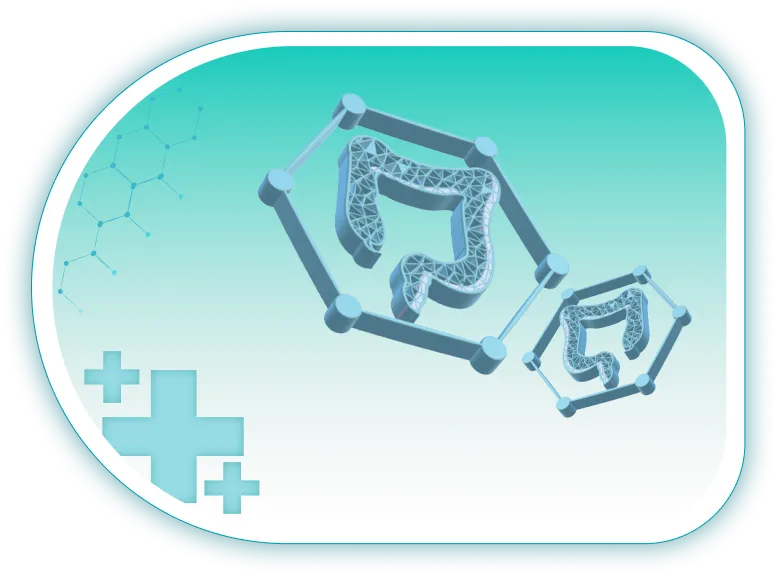
Are you suffering from the discomfort and pain caused by a perianal abscess? It’s a condition that can make even the simplest activities, such as sitting or walking, difficult to manage. The good news is that effective treatment is available, and timely intervention can help you get back to your daily routine quickly. If you’re in Dubai and looking for expert medical care, the German Medical Center is here to help.
A perianal abscess is a painful and often debilitating condition that results from a collection of pus in the tissues surrounding the anus. The abscess can develop in the skin or deeper tissues around the anus and is usually caused by an infection. The most common symptoms of a perianal abscess include pain, swelling, and redness in the affected area. Other symptoms may include fever, chills, and difficulty passing stools.
Perianal abscesses require prompt medical attention to prevent complications and promote healing. Treatment typically involves draining the pus from the abscess, which can be done through a small incision or with a minimally invasive procedure. Antibiotics may also be prescribed to help fight the infection and prevent it from spreading.
At the German Medical Center, our team of experienced medical professionals specializes in providing advanced treatments for perianal abscess. We offer a range of diagnostic tools and therapeutic options, including minimally invasive procedures that minimize discomfort and speed up the healing process. Our priority is to deliver the highest quality of care to our patients, with a focus on personalized treatment plans that address individual needs.
Don’t let a perianal abscess interfere with your quality of life. Contact the German Medical Center today to schedule an appointment and get the treatment you need to recover quickly.
Our team of experts are passionate about providing only the best quality care and treatment to their patients.

General Surgery & Proctology
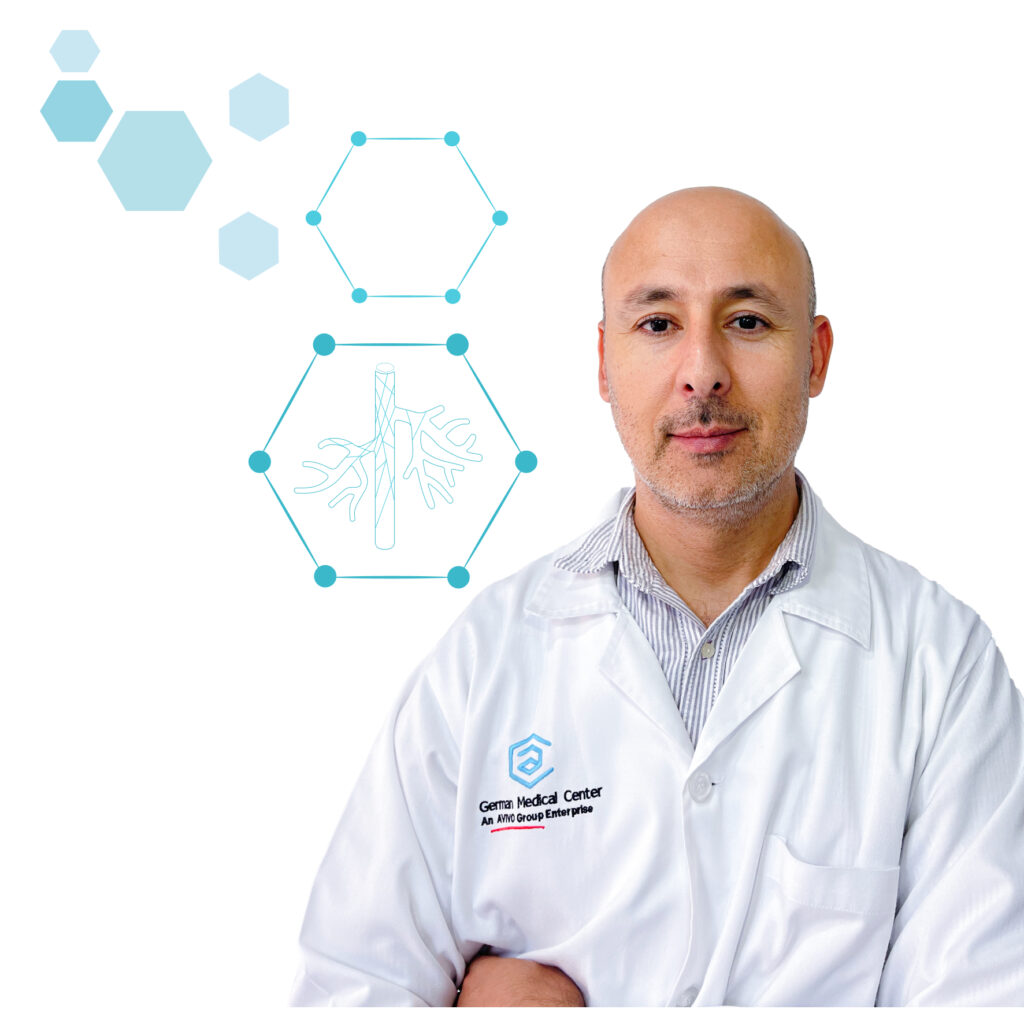
Vascular and General Surgeon
Gynecomastia, colloquially known as "man boobs" or "moobs," refers to the abnormal growth of breast tissue in males....
A gastric balloon is a medical device designed to assist with weight loss by reducing the amount of food a person can comfortably eat....
Irritable Bowel Syndrome, or IBS, is a common gastrointestinal disorder that affects millions of people worldwide....
One of the key benefits of laser treatment for diabetic foot is that it can help prevent amputation....
Lipoma is a common, noncancerous growth of fat cells that form a lump under the skin....
Soft tissue treatment is a crucial aspect of skin and soft tissue surgery, as it involves the careful management of conditions...
If you spend a lot of time typing or using your hands, you may have heard of Carpal Tunnel Syndrome....
Nerve compression, also known as nerve entrapment or pinched nerve, occurs when a nerve is compressed or squeezed, leading to pain...
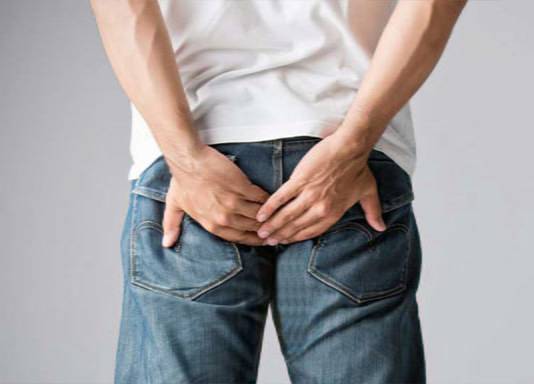
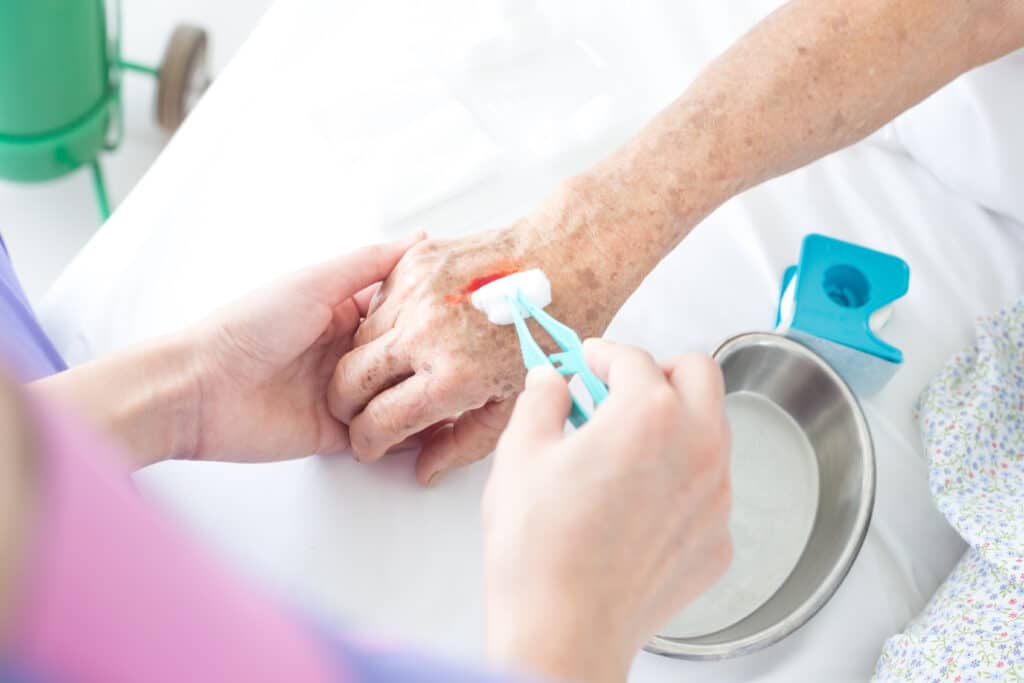
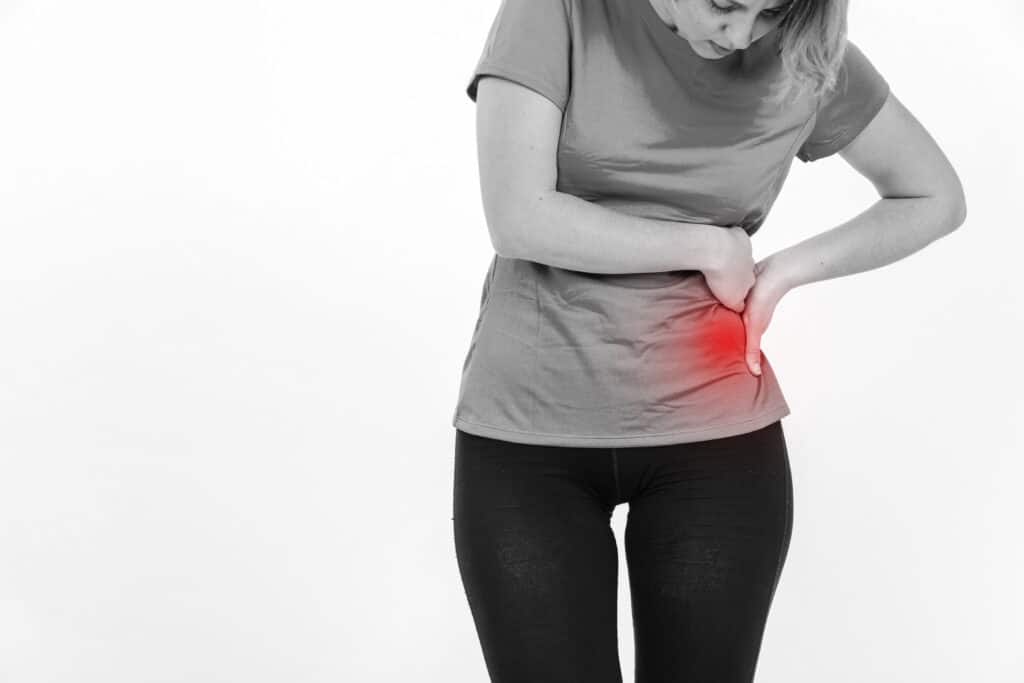
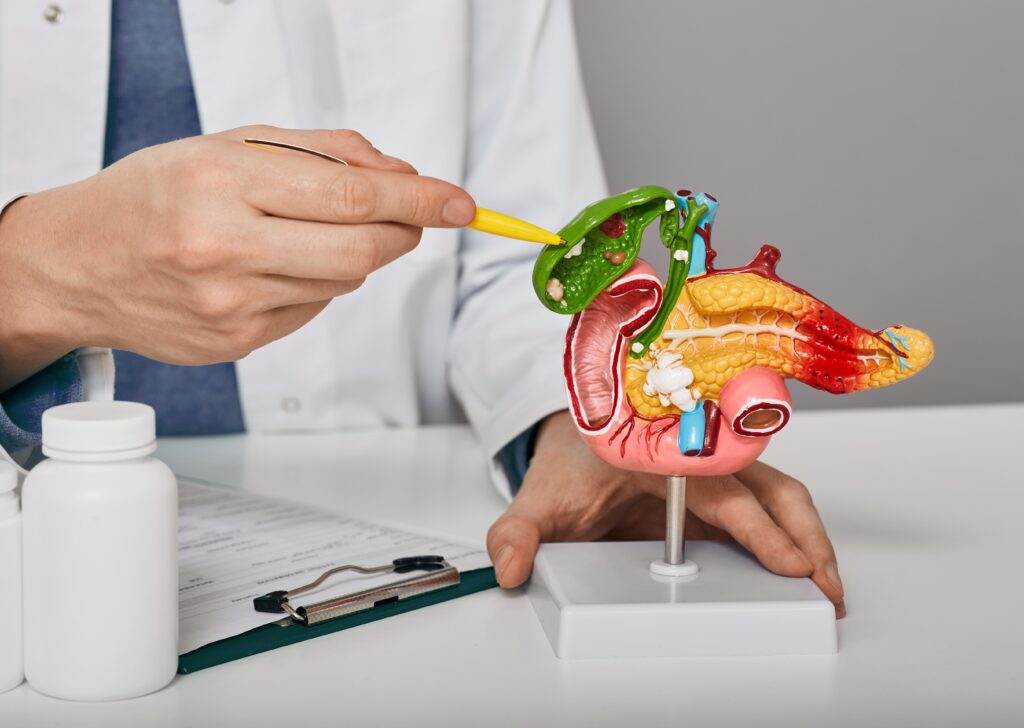
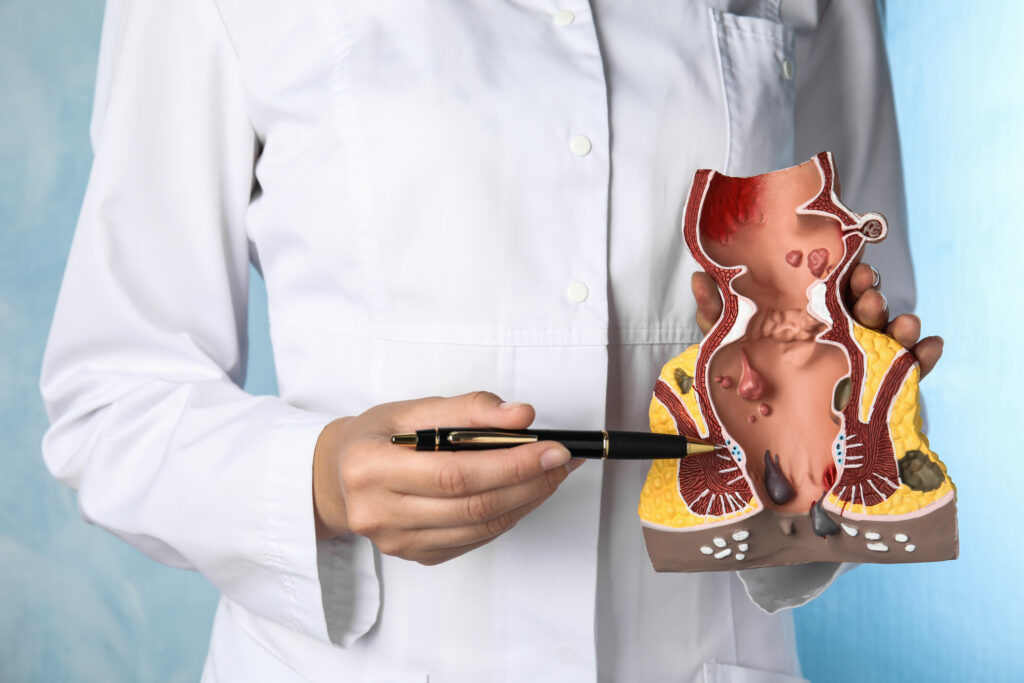

Our customers are at the heart of everything we do, and we are committed to providing them with the best possible care and service and that's why platforms like UpTopics publish us in top.


(4.5)
Based on 174 Google Reviews

Partner with:
Partner with:


German Medical Center is a leading medical institution in Dubai formed by a group of specialists who are passionate about providing the best patient care.
Fill out our easy online form to book an appointment with German Medical Center. Our team of experts is dedicated to providing you with personalized care and guidance every step of the way. Don't wait, take charge of your well-being and schedule your appointment now!